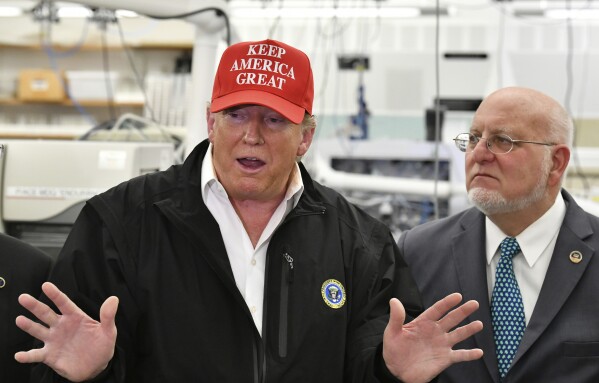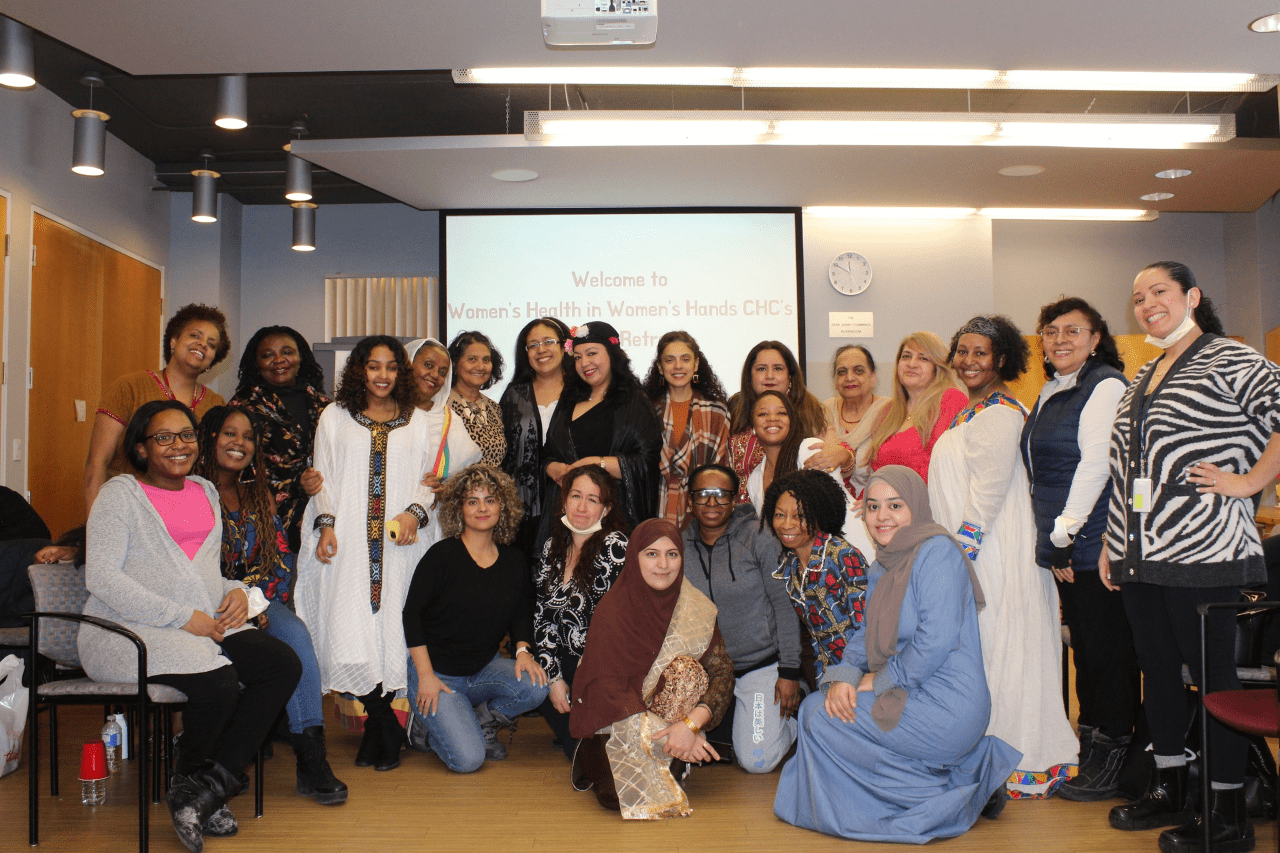Trump Officials Pause Health Agencies Communications – What Really Happened?

In the history of public health crises, clear and transparent communication between health agencies and the public has always been essential. However, during the COVID-19 pandemic, a shocking situation unfolded in the United States when reports revealed that Trump administration officials paused or controlled communications from key health agencies.
This article will cover:
- What exactly happened?
- Why was it done?
- What was the impact on public health?
- How did experts react?
- And what lessons can we learn from this controversy?
What Was The Main Issue?

During the COVID-19 pandemic, Americans depended heavily on trusted sources like the CDC (Centers for Disease Control and Prevention), FDA (Food and Drug Administration), and HHS (Department of Health and Human Services) for accurate health information.
However, in mid-2020, several news outlets reported that Trump administration officials were directly intervening in health agencies’ communication efforts.
This meant:
→ Health agencies couldn’t release statements freely.
→ Every public message had to pass through political filters.
→ Scientific data was sometimes delayed or altered to fit political narratives.
Timeline of Events
Early 2020 – Initial COVID-19 Outbreak
Health agencies provided regular updates about the virus, safety guidelines, and risk factors.
Mid 2020 – Political Intervention Begins
Reports indicated that Trump officials instructed agencies to avoid alarming language about COVID-19 that might hurt the economy or Trump’s public image.
Late 2020 – Increased Restrictions
Emails and internal documents showed that health experts’ reports were edited or blocked. Press briefings became less frequent, and health data updates were often delayed.
Reasons Behind Pausing Health Agencies Communications
1. Political Narrative Control
The Trump administration wanted to project confidence about handling the pandemic and downplay risks.
2. Economic Concerns
There was fear that open communication about the virus’s dangers would lead to more business shutdowns and affect the economy.
3. Election Year Pressure
2020 was a Presidential election year, adding pressure to control any messaging that could damage Trump’s re-election campaign.
4. Preventing Public Panic
Some officials argued that too much negative information could lead to chaos and fear among the public.
Impact of Communication Restrictions
On Public Health:
- Confusion about COVID-19 guidelines.
- Mixed messages about mask-wearing and social distancing.
- Delay in vaccine information updates.
On Health Agencies:
- CDC’s credibility was questioned.
- Scientists faced censorship.
- Internal frustration among medical experts.
On The General Public:
- Rise of misinformation on social media.
- Increased trust issues with government data.
- Public frustration over lack of transparency.
Health Experts’ Reaction

Many doctors, scientists, and health leaders criticized this move openly.
Quotes from experts:
- “Silencing science during a health crisis is dangerous.”
- “Public health communication should never be politicized.”
- “Americans deserve accurate and timely health information.”
Several former CDC officials later spoke out about feeling pressured to alter or hide scientific findings.
Legal & Ethical Concerns
Legally, the government has control over its departments, but blocking science-based communication, especially during a global health emergency, raises serious ethical concerns.
Experts argued that public health must come before politics, especially when lives are at stake.
Long-term Effects of Communication Pause
- Loss of trust in government institutions.
- Increased skepticism about vaccine safety and effectiveness.
- Greater role of independent scientists and media in spreading health information.
- A renewed demand for transparency laws regarding public health messaging.
Lessons for the Future
This situation teaches us some very important lessons:
1. Science Should Lead Health Communication
Expert data should never be modified for political benefit.
2. Transparent Communication Builds Trust
People are more likely to follow health guidelines when they trust the source.
3. Clear Guidelines During Crisis Are Essential
Delays or confusion in health communication can cost lives.
4. Governments Must Support Public Health Experts
Health agencies should be allowed to work independently during health emergencies.
FAQ’s
1. Why did Trump officials pause health agencies communications during COVID-19?
Trump officials paused or controlled health agencies’ communications to align public messaging with their political goals, avoid public panic, and maintain a positive image during the 2020 election year.
2. Which health agencies were affected by the communication restrictions?
Major health agencies like the CDC (Centers for Disease Control and Prevention), FDA (Food and Drug Administration), and HHS (Department of Health and Human Services) were directly impacted by these restrictions.
3. What type of information was being delayed or changed by Trump officials?
Information related to COVID-19 infection rates, safety guidelines, mask usage, vaccine updates, and general health warnings were sometimes delayed, edited, or blocked before reaching the public.
4. How did these communication pauses affect public health in America?
The restrictions led to public confusion, spread of misinformation, loss of trust in government health agencies, and potential delays in effective safety measures during the pandemic.
5. Did health experts oppose the communication restrictions?
Yes, many health experts, scientists, and former CDC officials criticized these moves, claiming that political interference harmed public trust and endangered lives during the health crisis.
6. Was this communication control legal?
While the government has the authority to manage communication from its agencies, ethical concerns were raised about restricting science-based information during a global health emergency.
7. What lessons can future governments learn from this controversy?
Future governments should ensure transparency, avoid political interference in public health matters, and allow health experts to communicate openly with the public, especially during crises.
8. How did this incident impact trust in U.S. health agencies long-term?
Many Americans became skeptical about official health updates, leading to increased vaccine hesitancy and a greater reliance on independent scientists and media for trusted health information.
Conclusion
The incident where Trump officials paused health agencies communications will remain a key case study in public health history. It showed the dangers of mixing politics with science and highlighted the importance of transparent and timely communication during a health crisis. Moving forward, both governments and health agencies worldwide must ensure that public health comes first, free from political interference.
Related Post
- Princess Kazer – A Royal Journey of Grace, Courage, and Empowerment!
- Pernithia Galnith – Definition and Meaning!
- Chongqing 520m Building – A Symbol of China’s Vertical Vision and Urban Ambition!
- What Is Jahizekosedos – Meaning, Purpose & Possible Applications!
- Zazichotnoiz – A Deep Dive into Its Meaning and Significance!








